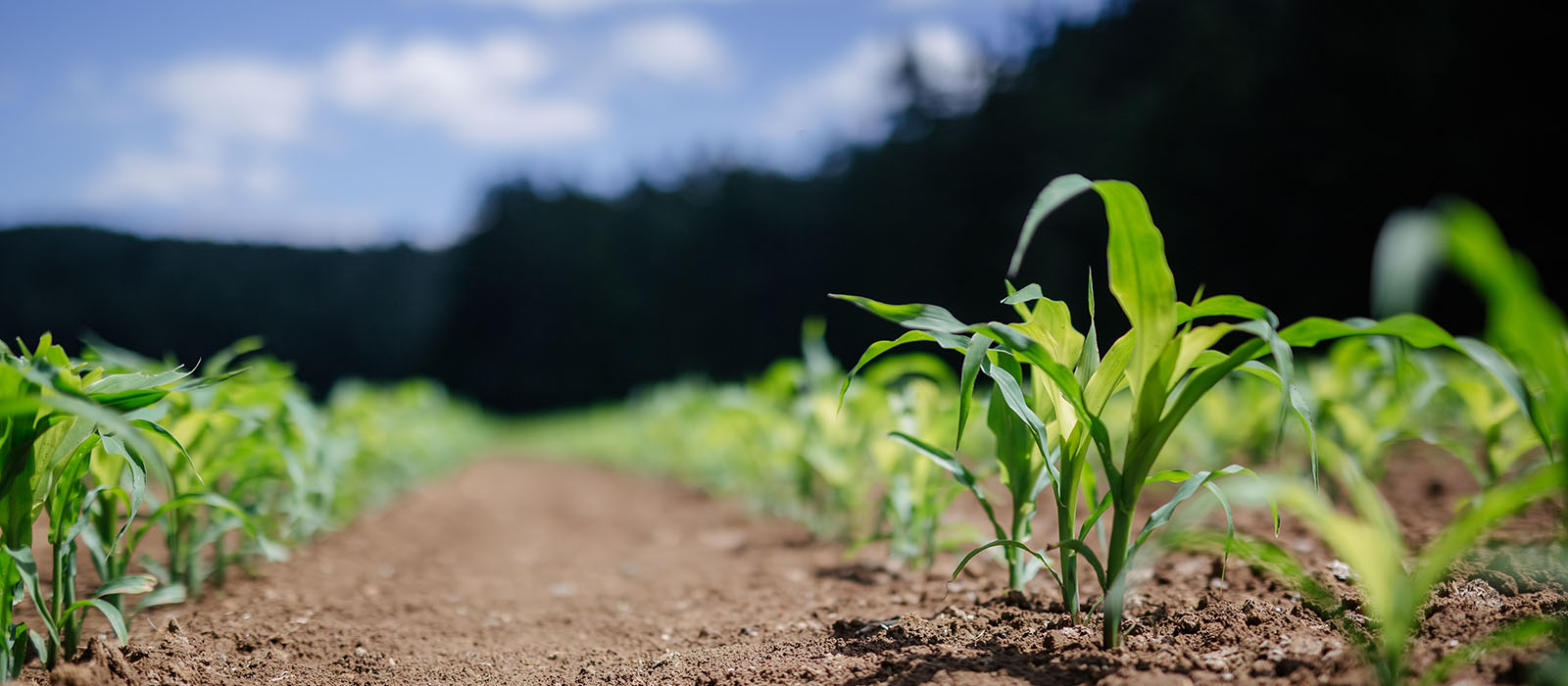
In a recent meta-study, British scientists investigated the effects of agriculture and global warming on insect diversity worldwide. The study revealed a negative impact of intensive agriculture on species diversity. In contrast, in near-natural landscapes, species diversity remained largely unchanged despite warming.
Prof. Josef Settele comments in SPIEGEL: “So far, agriculture has actually been more important as a factor in biodiversity decline. But with increasing warming, climate change will catch up, you can already see this trend today.”
An important finding of the study is that semi-natural areas surrounding fields can act as buffers. In agriculture without monocultures and greater use of pesticides, retreat areas with natural vegetation can even largely compensate for the effects of global warming.
Prof. Settele on this buffer effect: “This fits well with other results: If you have a structurally rich landscape with semi-natural areas, that can significantly increase the chances of species survival.”
Outhwaite, C.L., McCann, P. & Newbold, T. Agriculture and climate change are reshaping insect biodiversity worldwide. Nature (2022). DOI
SPIEGEL Wissenschaft: Neue Studie zum Insektenschwung – “Lasst etwas Chaos zu!”
SZ-Wissen: Schutzgebiete als Puffer gegen die Erwärmung